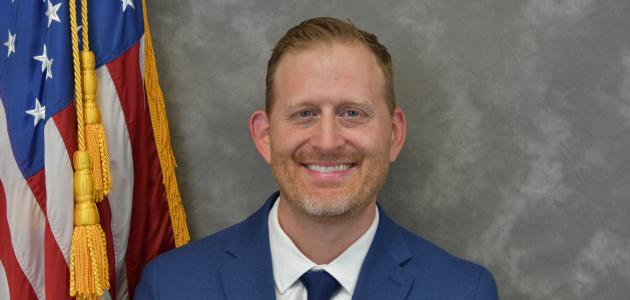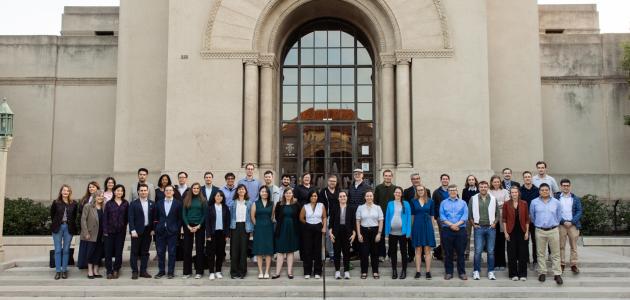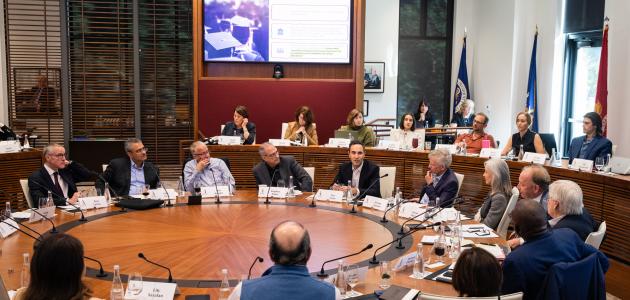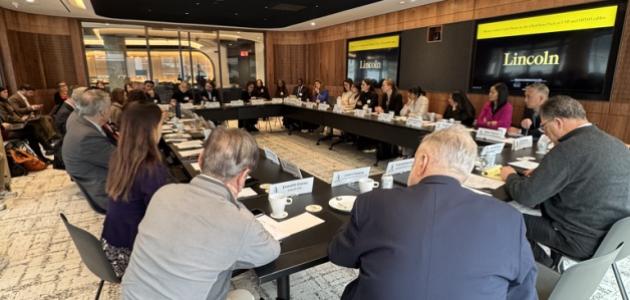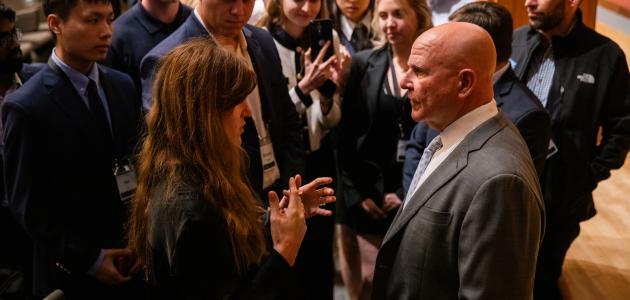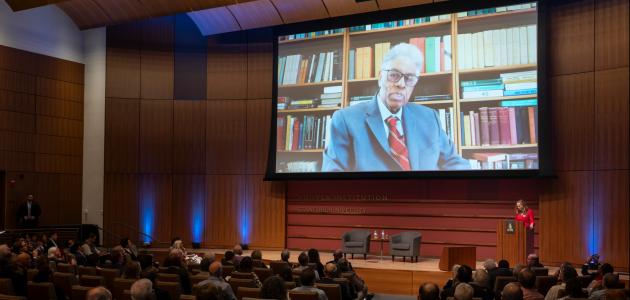By Paul Behringer
The question still looms today in places like Syria and Ukraine: Does foreign intervention in civil war help stem violence or does it cause even more bloodshed? With an eye toward gleaning some insight into this general problem, my dissertation focuses on the Russian Civil War and foreign intervention in the Far East from 1917 to 1922. I am interested in how the participants in the civil war, including Russian peasants, minority ethnic groups, Cossack warlords, Bolshevik partisans, Czechoslovak Legionnaires, and American and Japanese troops, experienced this extraordinarily complicated and violent conflict. How did the American and Japanese interventions affect the course, character, and outcome of the Russian Civil War in the Far East? In turn, how did the Russian Civil War shape Soviet-American-Japanese relations?
In order to answer these questions, I am looking for detailed accounts written by people who experienced the Russian Civil War in the Transbaikal, Amur, and Maritime regions, focusing primarily on Russian, Japanese, and American sources. The Hoover Institution Archives not only houses substantial records from the American participation in the Russian Civil War—it is also the premier destination for research on the anti-Bolshevik movements in the Russian Far East because it holds the collections of many Russian émigrés who fled their homeland via East Asia. My visit therefore allowed me to obtain a clearer picture of both the American intervention and the anti-Bolshevik and Russian émigré experience.
Some of the most helpful collections included the papers of V. I. Moravskii, an anti-Bolshevik government official in Siberia who wrote extensively about his experiences and his dealings with figures such as the Cossack warlord Grigorii Semenov. In all, during my four weeks at Hoover I combed through over fifty collections containing hundreds of interviews, memoirs, letters, and early histories. I also came upon the papers from historians who had never published their manuscripts but had done much of the spadework that my own project requires. For example, Elena Varneck not only helped to collect the materials of Russian participants, but she also translated a large number of them into English. On the American side, Virginia C. W. Taylor corresponded extensively with and interviewed several U.S. soldiers about their memories of their time in the Russian Far East.
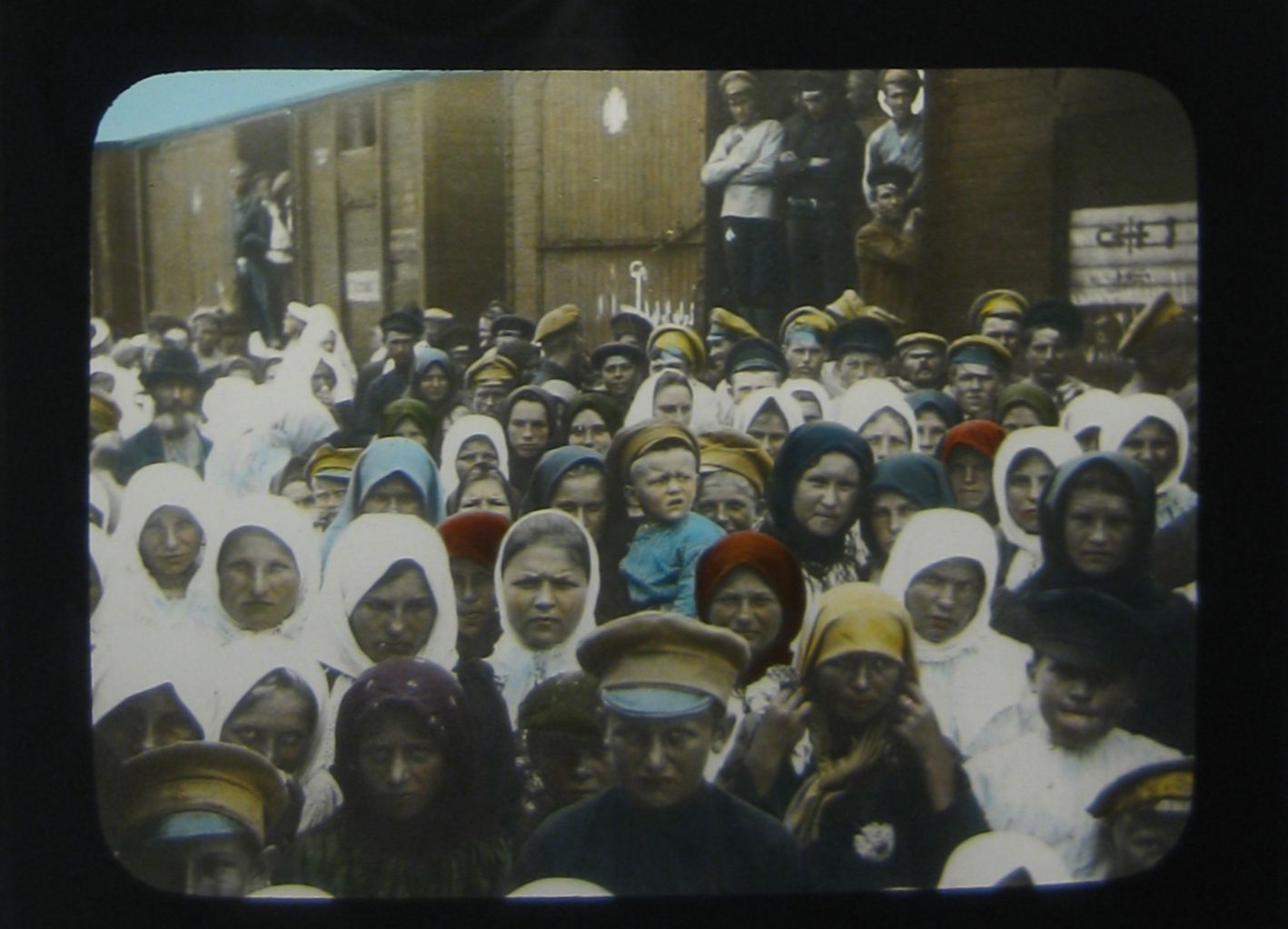
In the future, I plan to travel to Tokyo, Moscow, and Vladivostok (among other places) to complete my research. My work at Hoover has provided me with a strong foundation of materials to help me understand the American and anti-Bolshevik experiences of the Russian Civil War in the Far East. I expect that comparing these perspectives to those I am able to glean from Japanese and Russian archives will yield rich and new insights about this time and place, as well as regarding civil wars and foreign intervention more generally, a problem that is very much still with us today.
I am honored to have been a Silas Palmer fellow. In addition to thanking the Hoover Institution Archives for its generosity in supporting my research, I am very grateful for the daily help and direction of the reading room staff, especially from Carol Leadenham and David Sun, for Anatol Shmelev’s work as curator, and for Bronweyn Coleman’s assistance with logistics. Thank you to everyone who makes Hoover one of the most comfortable, efficient, and accessible places to do research in the world. I look forward to visiting again!













